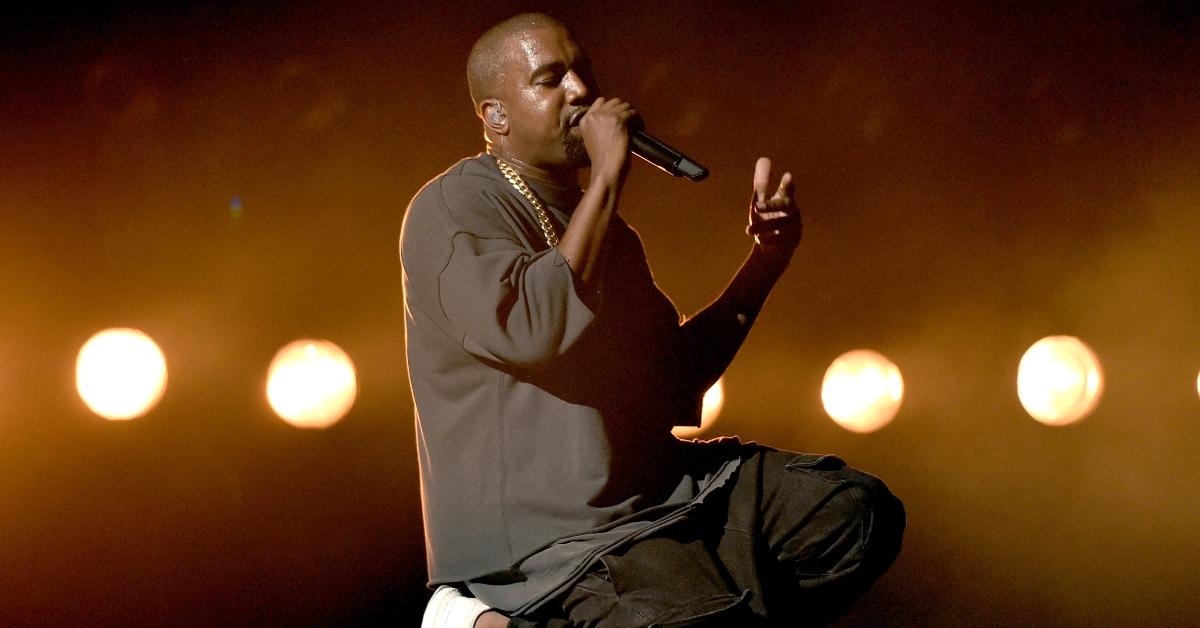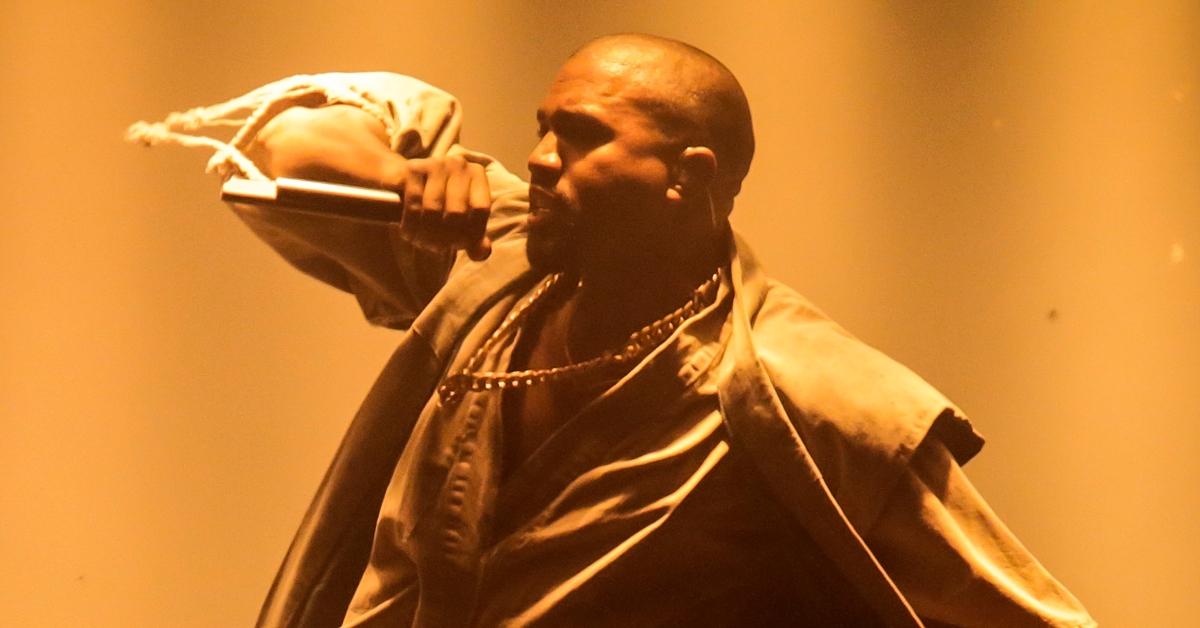
Kanye West vs. Copyright: Every Time the Rapper Faced Legal Trouble Over His Music
Kanye West is no stranger to the legal system. The rapper has been sued multiple times for copyright infringement, but he remains unphased.
By D.M.July 31 2024, Updated 3:16 p.m. ET
Rapper Kanye West has never shied away from controversy, but his antics and creative endeavors have often landed him in hot water. The Grammy-winning rapper has faced numerous legal challenges throughout his career, particularly regarding copyright infringement.
These are some of the most notable cases where Kanye found himself entangled in legal battles over alleged copyright violations.
Kanye West was sued for sampling David Proyor's 1974 hit.

Musician Kanye West performs onstage at the 2015 iHeartRadio Music Festival at MGM Grand
After the release of Kanye West's chart-topping hit "Gold Digger" in 2005, he faced allegations of copyright infringement concerning the song's prominent sample of David Pryor’s 1974 tune "Bumpin' Bus Stop." According to TODAY, Pryor’s family believed Ye sampled the song without obtaining permission, as Pryor was mentally incapable of agreeing to the sample at the time. The lawsuit, filed by Pryor’s children, asked for “millions of dollars.”
A Virginia man claimed Kanye West stole “Stronger.”
In 2007, Kanye West released "Stronger," a single from his third studio album, Graduation. The song prominently samples Daft Punk's "Harder, Better, Faster, Stronger." Despite having received prior approval from the French electronic duo to use the sample, Kanye was later sued by a Virginia musician. In the lawsuit obtained by The Hollywood Reporter, Vincent Peters accused Kanye of stealing the lyrics, “What don’t kill me make me stronger.”
However, Ye’s legal team pushed back. Kanye's camp instead suggested that he drew inspiration from 19th-century German philosopher Friedrich Nietzsche. The case was ultimately tossed out, freeing Kanye from the legal burden.
"Bound 2" sampled the stylings of The Ponderosa Twins Plus One.
Kanye West's song "Bound 2" from his 2013 album, Yeezus, heavily samples The Ponderosa Twins Plus One's 1971 track "Bound." The lead singer, Ricky Spicer, filed a lawsuit against Kanye, alleging that his voice was used without permission, Billboard reports.
Spicer's modified voice is prominently featured in the chorus, singing, "Bound, bound / Bound to fall in love." Ricky sought an injunction and damages for alleged copyright violations before withdrawing his lawsuit.
A gospel group came after Kanye for "Ultralight Beam."

Kanye West performs on Day 3 of the RBC Royal Bank Bluesfest
In 2016, four-year-old Natalie Green went viral after her parents posted a video of her praying online. The clip gained millions of fans, and Kanye was one of them. Three years later, Kanye West faced legal action from Natalie’s parents, Andrew and Shirley Green, who claim the rapper used their daughter’s voice without permission. His song "Ultralight Beam" from The Life of Pablo used an uncredited sample of a child’s voice saying, “We don't want no devils in this house, we want the Lord.”
The Greens alleged that Kanye initially promised to pay for the sample, but the payment was never received. The lawsuit was settled in 2020 for an undisclosed amount, according to Dunlap AP Bennet & Ludwig.
Chicago house musician Marshall Jefferson took legal action against Ye.
Kanye West's song "Flowers" from his 2022 album Donda 2 allegedly sampled Marshall Jefferson's 1986 house track "Move Your Body" without permission. In a lawsuit obtained by The Blast, Marshall claimed that his work was used extensively in Kanye's track. The filing emphasized that the “unauthorized sample taken by West is repeated at least 22 times throughout ‘Flowers.’”

